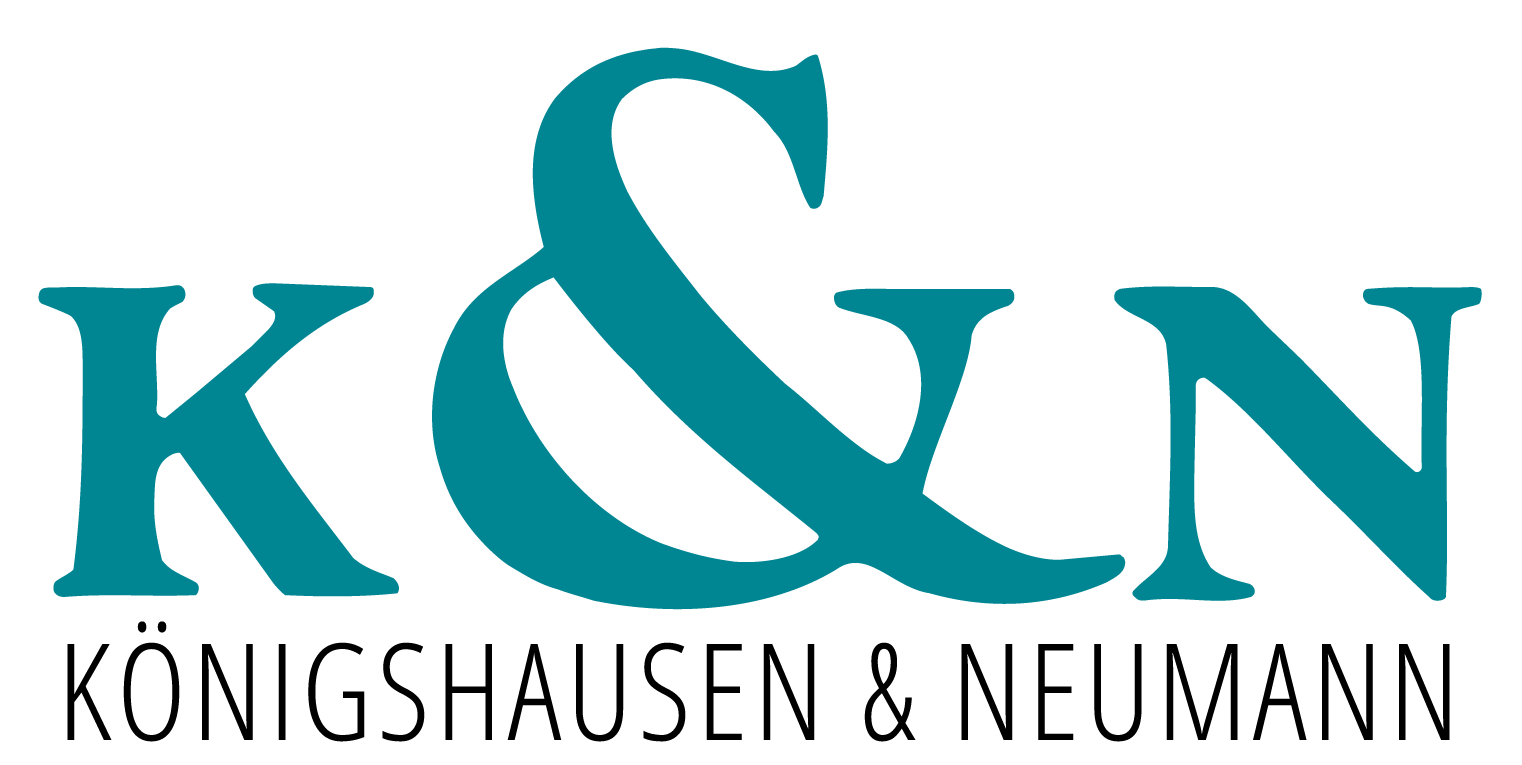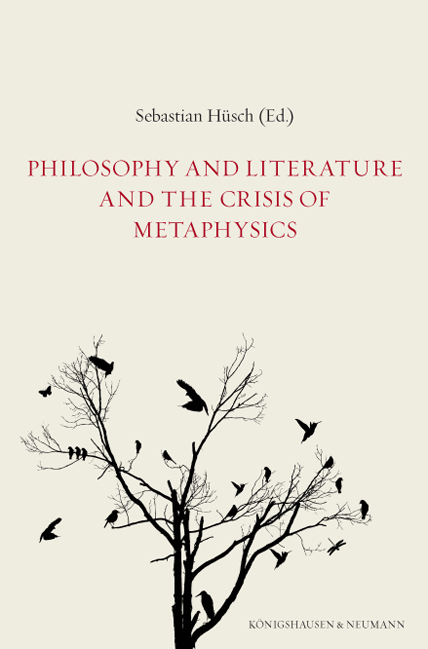Beschreibung
Part A : Philosophy, Literature, and Knowledge – Chapter I : Idealism and the Absolute – A. J. B. Hampton: “Herzen schlagen und doch bleibet die Rede zurück?” Philosophy, poetry, and Hölderlin’s development of language suffi cient to the Absolute – P. Sabot: L’absolu au miroir de la littérature. Versions de l’Hégélianisme’ chez Villiers de l’Isle Adam et chez Mallarmé – P. Gordon: Nietzsche’s Critique of the Kantian Absolute – Chapter II: Philosophy and Style – J.-P. Larthomas: Le cas Kierkegaard (1813-1855) ou l’écriture comme dialectique de l’écoute – S. Hüsch: Style et signifi cation. Intériorité et communication indirecte chez Søren Kierkegaard – A. Milon: La question du style en philosophie: la grammaire non-style – C. Van Lerberghe: La question du style dans la phénoménologie asubjective de Jan Patocka – Chapter III: Poetry and Philosophy – J.-B. Dussert: Martin Heidegger en ses poèmes – C. de Roche: The poem and the monad: On the reception of Leibniz‘ monadology in Paul Celan’s poetics – M. de Jesus Cabral: Entre théâtre et philosophie : notes sur la poétique de Maurice Maeterlinck – Chapter IV : Literature, Philosophy, and (new) Mythology – A. Martinengo: La raison hors de soi. Herméneutique et mythe chez Paul Ricoeur – G. Boggio Marzet Tremoloso: Démythologisation comme acte mythopoïétique: le cas de Jason de Elisabeth Porquerol. – G. Coulter: Jean Baudrillard: The Literary / Poetic Philosopher – Chapter V : Literature and Ethics – J. Azoulai: L’Éthique de Spinoza dans Bouvard et Pécuchet: un vertige philosophique et littéraire – I. Vendrell: Can Literature be Moral Philosophy? A sceptical view on the Ethics of Literary Empathy – F. Picon: Envisager Todorov: Poétique, éthique et humanisme contemporain – Chapter VI : Philosophy and Textuality – E. Lecler: La littérature : la mort de la philosophie – J. A. Gosetti- Ferencei: Writing in Philosophy and the Literature and Philosophy of Writing (Plato, Mann, Blanchot) –W. Cristaudo: Bringing Back Character and Grammar: Freeing Literature from Excessive Reliance on Philosophy and Theory – C. Alfano: Parenthesising Cracks into the Ground of Philosophy: The Textuality of Stanley Cavell’s Philosophical Writing – Part B: Perspectives of a Dialogue between Philosophy and Literature: Philosophical Refl ections in Literary Creation – Chapter VII : Philosophical Dialogue and Literature – A. Baillot: Tieck et Solger, un dialogue philosophicolittéraire – V. Altachina: Le dialogue philosophique chez Diderot et chez Dostoïevski – Chapter XIII : Bergsonien Infl uences in Literature – C. Dewas: Bergson et Katzantzakis. Les limites du langage comme condition d’une métaphysique de la littérature – E. Pesenti Rossi: La philosophie à l’épreuve de la poésie : Bergson et Ungaretti – Chapter IX : Wittgenstein and Literature – G. Valdemarca: La revanche du sens commun : Wittgenstein, Musil et la chute de la certitude – A. Leaker: From the ‘numinous glow’ to ‘gut squalor’: Transcendence and the Ordinary in Wittgenstein and Don DeLillo’s Underworld – A. den Dulk: Wallace and Wittgenstein: Literature as Dialogue Concerning the Real World – Chapter X: Borges and Semprun: Writers and Philosophers – J.-F. Mattéi: Borges et la philosophie – T. Capmartin: Voyage au bout de la représentation dans Fictions: Quelques remarques ménardiennes sur Borges et le stoïcisme – V. Capdevielle- Hounieu: Jorge Semprún et l’hybridation du littéraire et du philosophique : pour une ‘fi ction essayistique’ – Chapter XI : Literary (Mis-) Readings of Philosophy – P. Lasarte: Misreadings of Arthur Schopenhauer in Sin Rumbo by Eugenio Cambaceres – S. Roldan: Qu’est-ce qui est fort comme la mort selon Maupassant? La détermination ultime d’Olivier Vertin vue sous l’angle de Schopenhauer – B. Nickel: L’infl uence de Ludwig Wittgenstein (1889–1951) sur la poésie concrète – Chapter XII: The Impact of Philosophy on 20th Century Literature and Poetry – B. Ertugrul: Walter Benjamin et Ingeborg Bachmann entre littérature et philosophie – J. Leclercq / M. Watthee-Delmotte: Michel Henry : pour un langage de la subjectivité. La pensée du roman Le Fils du roi – J. Hobus: “The happiness of the concentration camps”: Reading Imre Kertész’ Novel Fatelessness with Albert Camus’ Concept of the Absurd – S. Frogel: Man without God: Nietzsche, Kafka and Camus Der Herausgeber Sébastian Hüsch, Studium der Philosophie, Geschichte, Literaturwissenschaften und Psychologie in Hagen, Essen und Nizza (F), 2004 bi-nationale Promotion an den Universitäten Hagen und Nizza (F) mit einer Arbeit zu Kierkegaard und Musil, 2007 visiting fellow an der University of Otago (NZ), seit Oktober 2007 Maître de Conférences im Fachbereich Deutsch an der Université de Pau et des Pays de l’Adour (F), seit 2005 Lehrbeauftragter am Philosophischen Seminar der Universität Basel.

